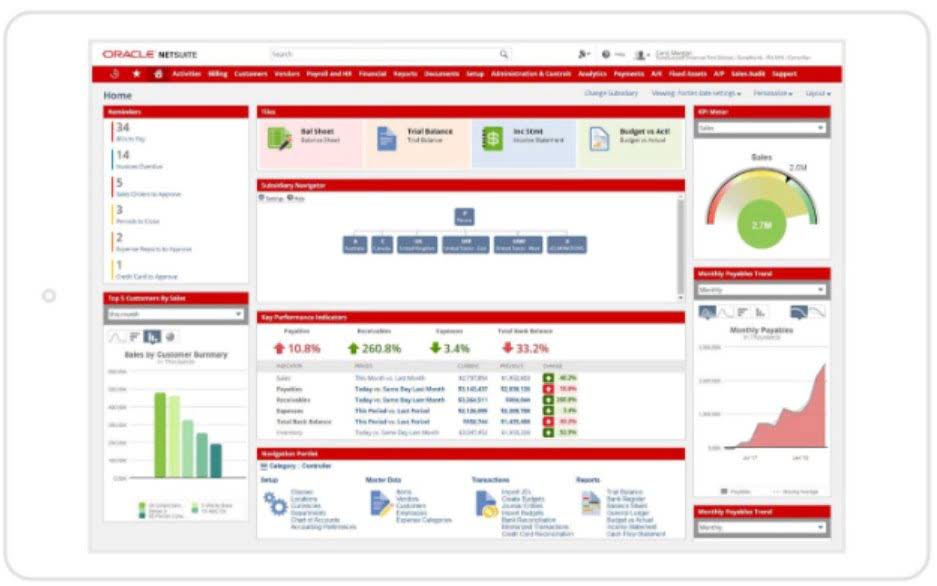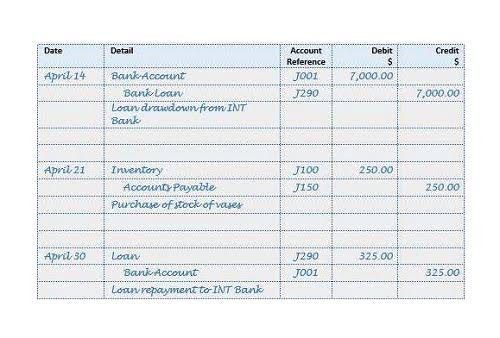Governmental Accounting Definition, Objectives, Principles

The Federal Accounting Standards Advisory Board (FASAB) sets the accounting standards at the federal level. Covers private sector businesses, nonprofit organizations, and other entities outside of the governmental sector. Focuses on accounting and financial reporting needs of businesses and nonprofit organizations.
What is Governmental Accounting Standards Board (GASB)?
No matter how much technology advances, government accounting will remain a fundamentally human endeavor. Advanced financial information systems and big data analytics can provide more profound insights into financial data, enabling better decision-making. With these technologies, government accountants could focus more on government and nonprofit accounting strategic planning and less on routine tasks. From maintaining transparency to ensuring compliance with regulations, we’ve got you covered. Liquidity ratios, such as the current ratio and quick ratio, evaluate short-term financial health, providing insights into the entity’s capacity to meet short-term obligations and maintain operational stability.

Long-term Liabilities and Debt Service

Another important aspect of governmental financial reporting is the requirement for segment reporting. Governments often engage in a variety of activities that are distinct from one another, such as public safety, education, and transportation. Segment reporting involves breaking down financial information by these different activities, allowing stakeholders to see how resources are allocated and used across various functions. This level of detail is crucial for assessing the efficiency and effectiveness of government programs and services.
- Collection of revenue and disbursement are directly made by Railway, Defense, Post & Telegraphs, Forest, and public departments and lump sum payments are made by treasury through the departmental officers.
- Government accounting is a scientific procedure of collecting, classifying, recording, summarizing, and interpreting all the financial transactions including revenues and expenditures of all the government offices.
- Common types of funds include the General Fund, Special Revenue Funds, Capital Projects Funds, Debt Service Funds, and Enterprise Funds.
- One significant development is the implementation of GASB Statement No. 87, which addresses the accounting and financial reporting for leases.
- These principles and standards are applied across sectors to ensure that all parties look at their budgets and profits in the same way.
Module 4: Financial Reporting of State and Local Governments Part III and Analysis of Government Financial Performance

While private sector accounting is focused on generating profits for shareholders, government accounting is driven by the need to serve the public interest. Government accounting is guided by the principles of transparency, accountability, and effective use of public funds. This means that government entities must ensure that their financial transactions and activities are transparent, accountable, and align with the needs of the public they serve. Segregation of duties is a fundamental internal control practice, where responsibilities for financial transactions are divided among Accounting for Churches different individuals to reduce the risk of fraud. For instance, the person responsible for approving expenditures should not be the same individual who processes payments.
- The General Fund is the primary operating fund, covering most of the government’s basic services.
- This iterative process often involves negotiations and trade-offs, as decision-makers strive to balance competing demands within the constraints of limited resources.
- Illinois serves the world by creating knowledge, preparing students for lives of impact, and finding solutions to critical societal needs.
- Fund accounting is central to financial management in government and nonprofit organizations, offering a structured approach to tracking resources.
- Robust budgeting systems align financial resources with organizational goals, ensuring expenditures do not exceed allocated funds.

Government accounting is a scientific procedure of collecting, classifying, recording, summarizing, and interpreting all the financial transactions including revenues and expenditures of all the government offices. Proficiency in accounting software and enterprise resource planning (ERP) systems is essential for governmental accountants. Familiarity with specialized government accounting software, such as Fund Accounting Systems (FAS), is advantageous for managing public funds and financial data effectively. Governmental entities typically classify funds into categories such as general, special revenue, debt service, capital projects, and permanent funds. Each serves a unique function, with general funds covering operational expenses and special revenue funds designated for specific projects. Nonprofits often categorize funds as unrestricted, temporarily restricted, or permanently restricted, reflecting varying donor-imposed limitations.
- Failure to comply with these requirements can result in financial penalties or the loss of funding.
- This level of detail is crucial for assessing the efficiency and effectiveness of government programs and services.
- For instance, property taxes are typically recognized as revenue when they are levied and become available for use, even if they are collected in a subsequent period.
- Additionally, transparency and accountability requirements are much higher in the public sector.
- This method ensures that funds are used for their intended purposes, aligning with the organization’s mission and legal requirements.
- Public sector auditing techniques are designed to provide an independent assessment of a government’s financial statements and operations.
- In a corporate setting, the main goal is to generate profits and ensure the company’s financial health.
What assessments are required for successful completion?
- This approach allows auditors to allocate resources more efficiently and concentrate on the most significant issues.
- Governments receive revenues from various sources, including taxes, grants, and service charges, each with its own recognition criteria.
- Governmental financial reporting requirements are designed to provide transparency and accountability, ensuring that public resources are managed effectively and in compliance with legal mandates.
- The government accounting is different from other branches of accounting such as commercial accounting.
- Governmental accounting differs from private sector accounting in terms of objectives, reporting standards, and fund accounting principles.
- Enterprise Funds, on the other hand, account for operations that are financed and operated similarly to private businesses, such as utilities or public transportation systems.
- Government entities often use funds such as the general fund, special revenue funds, and capital projects funds.
Internal controls include procedures for authorizing transactions, safeguarding assets, and ensuring accurate and timely financial reporting. These controls are essential for maintaining the integrity of the fund accounting system and for providing stakeholders with reliable financial information. Expenditure control and accountability are paramount in governmental accounting, ensuring that public funds are used efficiently and for their intended purposes. Governments implement a range of internal controls to monitor and manage expenditures, including budgetary controls, approval processes, and regular financial reporting. These controls help prevent overspending and ensure that expenditures align with the approved budget, thereby maintaining fiscal discipline.
Governments receive revenues from various sources, including taxes, grants, and service charges, each with its own recognition criteria. The modified accrual basis of accounting, commonly used in governmental funds, recognizes revenues when they are both measurable and available. This QuickBooks means that revenues are recorded when they are collectible within the current period or soon enough thereafter to be used to pay liabilities of the current period. Governmental financial reporting requirements are designed to provide transparency and accountability, ensuring that public resources are managed effectively and in compliance with legal mandates.
Governmental Accounting Principles

Primarily, governmental accounting allocates the large pool of incoming revenue into proper funds. Governmental accountants manage public funds, prepare financial reports, ensure compliance with regulations, and support budgeting and financial planning activities. This module will teach you how to prepare financial statements following generally accepted accounting principles for nonprofit entities. Additionally, it encompasses the preparation of journal entries, and the necessary adjusting and closing of journal entries. Lastly, it involves combining concepts from previous modules to create comprehensive financial statements, from inception to disclosure.

